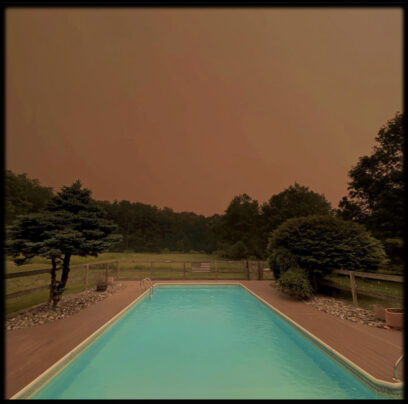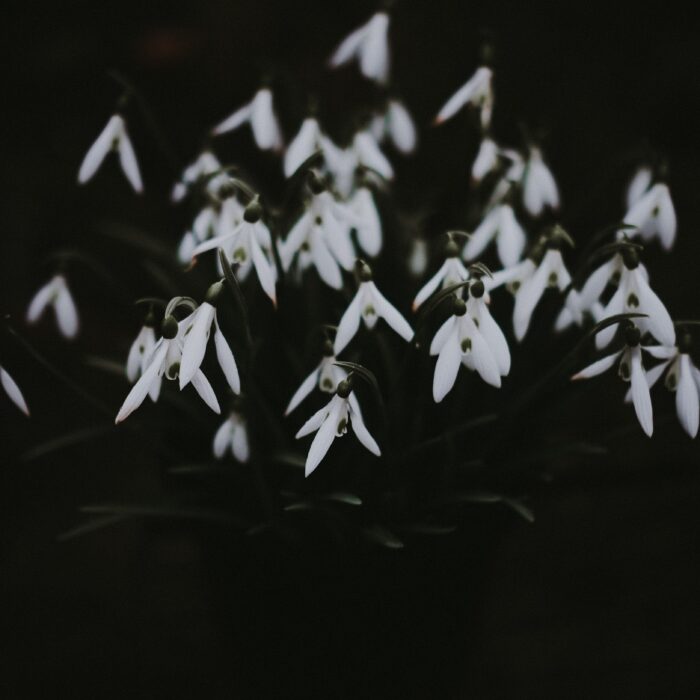You have no items in your cart. Want to get some nice things?
Go shopping
Memory isn’t necessarily the first thing that comes to mind when you think of summer. Sun tans, ice creams, beaches: sure. Vacations, relaxation, parties: hopefully! But memory, nostalgia, meditations on the past: no.
Yet, in our open call for submissions this summer, it was memory that came to the surface as an overarching theme. There was memory of past relationships, of families, of people we used to be; memories of past summers, childhoods, and the C-who-shall-not-be-named pandemic of 2020 to 2022.
Reading through all these reminiscent stories and essays caused us at Litro to pause and reflect. To remember all the events and occasions of the summer as we worked on bringing this issue together. There’s been wildfires in Canada, and orange skies in New York. Cinema successes for Barbie and Oppenheimer, and unprecedented strikes from Hollywood’s actors and writers. Hip-hop turned 50, Twitter became X, and there’s been heatwave after heatwave after heatwave. Remember all that? It’s funny just how quickly memory can drift away.
So as the world heated up, and summer brought its fair share of news stories and turmoil, we’ve opted for a slower version of summer. A summer after the heat has died down. A summer that simmers, not boils. As August draws to a close, and September shuffles in, we invite you to take a dip into the pool of stories and essays we’ve curated, and allow yourself to reflect on the summer just gone.
Opening our issue, Matthew Perkins brings you a story of love, the beach, bodies, and the fluidity of gender identity in “Gorgeous.” Rukmini Girish’s essay, “In Pursuit of Family,” takes us to India on a summer vacation, and meditates on the meaning of family. As a change of pace, Terry Dubow’s “We Are Near the End Now” and Hannah Thorpe’s “Baby Clean” narrate the lives of young women navigating the realms of dating, mothers, and employment in America’s busiest cities. Our flash pieces from N/A Oparah, Dorothy Lune and Carella Keil give insight into a mother-daughter relationship, the voice behind a painting, and the way grief and memory intertwine. Farzana A Ghani takes all the memories of family and childhood and gathers them into an essay on food as she attempts to cook her first solo Eid as a second-generation immigrant. As the issue heads towards its end, GC Perry’s “Tuscany! Tuscany!” details the violent breakdown of a marriage, and Samantha Pyrah tries to reconnect with nature in the face of the pandemic and climate crisis in “Finding Flow.”
And rounding off this issue, we have a very special essay by Gavin Baird. A powerful, honest piece from a survivor of the 1996 Dunblane massacre, “I Don’t Have a Very Good Memory” gives us the theme of our issue. Our earlier news round-up didn’t account for the 470 mass shootings that have occurred across the US so far this year, and we hope this essay can serve as yet another reminder of the long way we have to go for the victims and survivors.
So, whether you’re dipping a toe in, or submerging yourself all in one go, we hope you enjoy Litro’s summer issue, and we’ll see you again in the fall.



